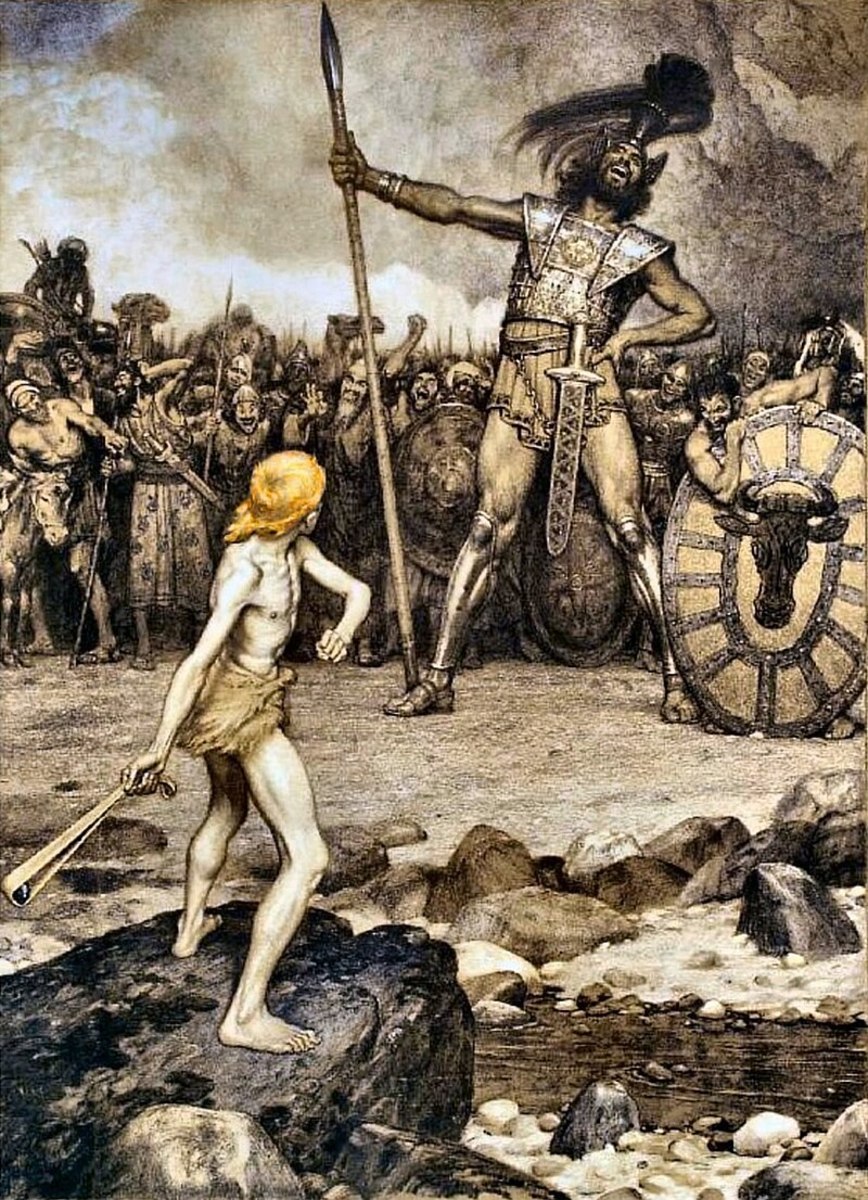Israeli and Palestinian conflict: Concept and theory of Peace
Israeli and Palestinian conflict: concepts and theory of peace.
The conflict between Israel and Palestine has been lingering for a long time. It seems the world leaders do not have a solution for it. Some people have used religious prophecies to claim that the conflict is made to stay and that God approved it. Some articles claim that some mystic occult group initiated the conflict to use it for a purpose. Whichever way we look at it the only thing that is a fact is that the conflicting parties think they are fighting for their right and survival. Consequently it becomes more difficult to enforce peace even when some leaders try to open a peace talk, just as President Obama did; some people claim it is unfavorable to one of the parties. Especially, those that claim thatUSAshould supportIsraelwhile they fail to understand that a mediator in any conflict should not be bias and as such must work without fear or favor.
In my study of “Basic concepts and theory of peace” I was asked a question and I want to use the question and my answer to give pictures of conflicts.
QUESTION:
1a. Collaboration, negotiation, and mediation are important element in conflict resolution. Clearly distinguish how each is applied in conflict situation? (b) What type of dispute resolution do they reflect?
ANSWER:
1a) It is known that some words have contextual meaning. Therefore to clearly distinguish collaboration, negotiation, and mediation there is need for the definition of terms as used in this context.
Collaboration: can be defined as the act of individuals, groups, or nations working together for a common interests or goals despite their differences.
Negotiation: can be defined as a formal discussion between representatives of parties involved in a conflict who are trying to reach an acceptable agreement.
Mediation: this is an informal voluntary process whereby an acceptable third party who had limited or no authoritative decision-making power assists conflicting parties to resolve their dispute through promoting conciliation and facilitating negotiations.
Conflict: this is a situation in which individuals, groups or nations are in pursuit of incompatible interests and goals
Resolution: this is the act of solving or settling a problem, disagreement or other differences between conflicting parties.
Ezirim, Gerald E. (in O. U. Nnadozie ed. 2010) defined conflict resolution as “a variety of approaches aimed at resolving conflict through constructive solution of problems distinct from its management.”
Although the understanding of the above definitions of the terms can help to clearly distinguish how each is applied to conflict situation. Yet there is need to explain it better and how each is applied.
Collaboration is applied in conflict situation where the conflicting parties have common interests or goals which they placed above their differences. Therefore there maybe no need for any negotiation before the parties can agree to work together. Which means the parties may not need to compromise anything.
Negotiation is applied in a conflict situation where the conflicting parties have to meet and agree on an acceptable terms for the parties involved in the conflict before they can co-exist peacefully or be able to work together in unity. Which means the parties may have to compromise some things before an agreement can be reached to end the conflict.
Mediation is applied in a conflict situation where the conflicting parties cannot come together for any meaningful negotiation. Therefore a third party, a mediator, who is unbiased and acceptable by the conflicting parties, can step in to help in the negotiation process and in the conflict resolution. Consequently the mediator helps the conflicting parties to compromise some things thereby helping to resolve the conflict.
1b) having clearly distinguish collaboration, negotiation, and mediation as applied in conflict resolution. It can be said that collaboration reflects a dispute resolution in which the conflicting parties do not really need to negotiation or compromise anything before they can work together to enable them achieve common interests and goals. For instance, it is known that religious differences have caused divisions among humanity. However these differences is less felt in developed nations because they have come to realize the need for their peaceful coexistence despite their religious differences to enable them develop better in all aspects of life. Most of them achieved it by placing love, justice, equity, kindness, and fairness which are religious virtues above their individual differences. While in some developing nations likeNigeriareligious differences still cause conflict and it is usually after the conflict that the religious leaders would say “we all serve one God.” One can ask why they fail to teach it in their various places of worship. However, despite the differences all Nigerian will collaborate and fight enemies, in a time of war or to support their national football team because it is for their common interest.
Negotiation reflects a dispute in which the conflicting parties failed to work together because of their differences consequently they have to reach an agreement by negotiating the ways forward and how to accommodate their differences or reach a compromise that is acceptable to the parties involved. The conflicting can negotiate through their various representatives.
Mediation reflects a dispute resolution in which the conflicting parties failed to reach an agreement or the conflict has escalated to the extent that the parties cannot meet or are afraid to send representatives for negotiation. Then a third party who is acceptable by both parties can voluntarily help to facilitate the negotiation and help in the conflict resolution.
Finally, each term can be clearly distinguished from the other but each may lead to the other depending on how the conflict unfolds. This is because conflicting parties can collaborate for common goals by ignoring their differences but when such differences prevent them from working together then the parties can negotiate for common ground. When they fail to reach an agreement and negotiation failed to the extent that their representatives can no longer come together for further negotiation then a mediator can come in to help resolve the conflict.
Having gone through the questions and answers, it is clear that the Israeli and Palestinian have failed to collaborate or negotiate, purposefully. This is because each party failed to recognize the interests of the other and make compromise where necessary. The conflict appears to be in the mediation stages but we know that the mediators have so far failed for various reasons. There are other tools which can be applied in conflict resolution like adjudication, peace enforcement among other and I do not know when it will be used to ensure peace in theMiddle East. However, we know that it is not impossible to end theMiddle Eastconflict and for the two nations to live side by side happily as neighbors and partners. Definitely, if the world is to fight against any alien worldIsraeland Palestinians will join forces to fight against a common enemy. They shall ignore their religious differences and land struggle and fight for the survival of human race.
We know that many lives are being lost on both sides. Innocent women, children, and men have died in the conflict and some religious fanatics have linked it to religious thereby causing more religious hatred. It is right to fight for justice but the difficult thing in this situation is that some people have failed to rightly define justice because they are bias and that is why the conflict still lingers and we fail to understand that ending the conflict is also a fight for our survival. This is because it is only in peace, unity, and brotherhood of man that the human society can do more and progress better as a single family in a global world. Yet, it seems conflict is inevitable because we usually create one as a part of our struggle for survival because we can never truly define justice.








